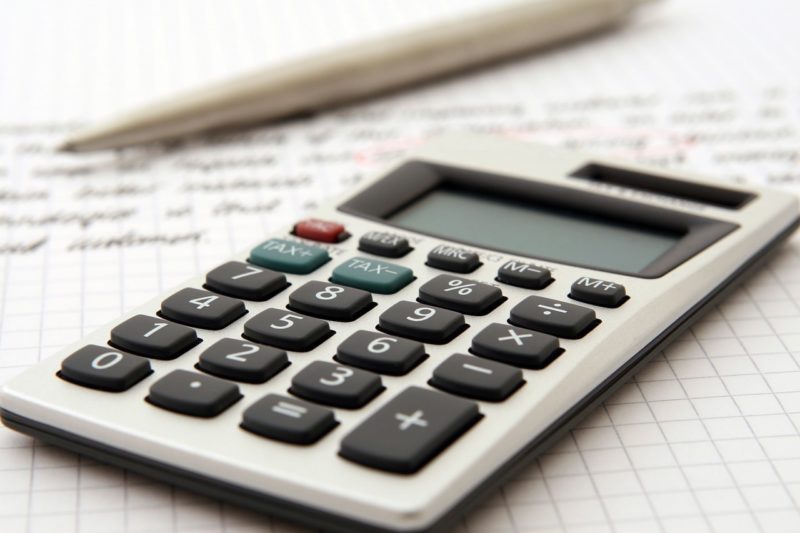Key Information:
- Most states require 150 credit hours for CPA eligibility, which often leads candidates to pursue additional coursework or a master’s degree despite having a bachelor’s.
- Passing the CPA exam is essential, which tests knowledge across several accounting domains.
- Each state has specific licensing requirements, which may include ethics exams and ongoing education.
If you’re thinking about getting a degree in accounting and becoming a CPA, you likely have a lot of questions about the process. While the requirements to becoming a CPA may be slightly different from state to state, most states have the same basic requirements on how to become a CPA. If you’re interested in how to become a CPA, read on to learn more about the steps to becoming a NASBA or AICPA certified public accountant, education requirements, the job market for CPAs, getting a CPA license, and more. One of the best-paying careers you can get with a bachelor’s degree, earning the CPA credential is a smart choice.
How to Become a CPA
If you’ve been interested in how to become a CPA for a long time, it’s likely that you already have a degree in accounting. How hard is it to become a CPA? You know your personal path on how to become a CPA, and it’s likely been covered in many of your college classes. If you’re curious about how to become a CPA without a degree in accounting, know that it’s possible — but will take a bit longer than if you had your accounting degree. Let’s take a look at some of the different paths you can take to become a CPA. We’ll also answer some of your questions, like how long does it take to become a CPA, and how to become a certified accountant.
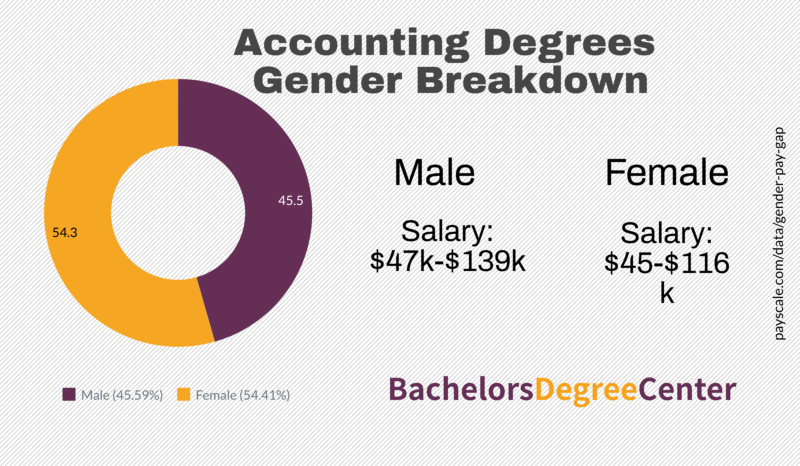
If you’re wondering how do you become a CPA, you’re in good company. This career choice is always in high demand. The exact amount of time that will take you to become a CPA will depend on your prior experience and the rules in your state. In most states, you’re required to have 150 hours of college credit, as well as two years of professional accounting experience before you can sit for the CPA exam. A big part of how to become a public accountant is meeting the time requirements set by your state. In most areas, it takes seven years before you can fulfill all the requirements of becoming a public accountant.
The requirements for study to sit for the CPA exam are different from state to state, but most states require that the experience comes from working in public accounting. Some states allow future CPAs to combine public accounting experience with other types of accounting experience, such as corporate accounting, before they sit for the exam. Typically, it’s required that the majority of experience prior to the exam comes from public accounting.
If you’re wondering, “how do I become a certified public accountant?” or “how do you become a certified accountant?” there are three main aspects to consider: education, experience, and passing your CPA exams. As you study for your CPA exams, you may want to take advantage of online or in-person courses that can help to better prepare you for your exams. While you’ll have all the information you need from your education and experience, participating in a test prep course can help you to understand the types of questions you’ll encounter on your exam, as well as the best ways to approach these questions.
The process of becoming a CPA can be hard, but CPAs agree that going through the education, experience, and testing required to become a CPA are well worth it. Let’s take a look at exactly what you’ll need from your education in order to qualify to sit for the CPA exam.
Education Requirements to Become a CPA
Will accounting firms take you seriously with just a bachelor of science? When you’re searching for the educational requirement to be CPA, it’s likely that you’ll find varying information. The American Institute of Certified Public Accountants recommends a master‘s. However, the requirements for CPA education have changed in recent years, so it’s important that you ensure you’re looking at the most up-to-date information in your area.
The main requirement to be a CPA is to have at least 150 hours of full-time or part-time college credit. Coursework for CPA degree programs includes material like management accounting, non-profit accounting, bookkeeping, business administration, cost accounting, and more. A good accounting program that meets CPA requirements should also offer specializations like forensic accounting. CPA candidates looking for licensure should prepare for the uniform CPA examination.
While many people who sit for the CPA exams have their master’s degrees, this is not necessarily a requirement. Most states allow you to sit for the CPA exams with just a CPA bachelor’s degree. The reason that so many people who are working toward their CPAs have their master’s degree is because the 150-hour requirement for college credit lends itself to more than a bachelor’s degree. While it’s possible to earn your bachelor’s degree and take additional credits to meet the 150 credit hour requirement, many students find that it makes more financial sense to simply start working toward a master’s degree instead. Earning a master’s degree can also make it easier to land a job in public accounting, allowing you to begin to work toward your two year of service requirement before sitting for the CPA exams.
There are a few different reasons why most people who are working toward education requirements for CPA find that just getting a bachelor’s degree is no longer enough to feel fully prepared for the exam. Several new tax laws have come into play in recent years, making the exam more complicated than ever. In order to be ready for the exam and fully understand the complexities of current tax laws, most professionals agree that a four-year bachelor’s degree (even if the degree is in accounting) is simply not enough to be ready for the CPA exams. Changes in technology have also created complex business laws that require a deep level of understanding from CPAs. Each industry has its own unique issues with technology, and CPAs need to understand exactly what needs to be done in order to stay within tax compliance in the age of technology.
While a bachelor’s degree can touch on this information, a four-year degree can rarely go into the detail necessary for a student to be fully prepared for a CPA exam when it comes to understanding the ever-changing complexities of business technology. Auditing is also changing quickly due to technology advances, and this means that the staffing needs of financial firms are changing faster than ever. Firms are looking for CPAs who are up to date in the latest technology. In order to provide firms with what they need, the CPA exams are changing to reflect the increasingly technical nature of the job.
While not all states yet require the 150 credit hours, they are on their way. If your state does not yet require 150 credit hours, it will soon, so it’s a good idea to have this in the back of your mind as you move toward becoming a CPA. Unless you’re planning to take your exam in the next few months, it’s likely that your state will increase it’s requirements for a CPA education to 150 college credit hours before you sit for your exam.
If you’re not interested in earning your master’s degree, but still want to earn the 150 credit hours required to sit for the CPA exam, you may want to look into a five-year CPA preparation program. This program combines the requirements of your bachelor’s degree with additional credit hours to ensure that you’re fully qualified both to begin your work experience in public accounting and that you’ve met all of the education requirements for CPA exam. Online programs can be the cheapest ways to get 150 credits for CPA.
While some students choose to go for the five-year program, it can also make sense to combine your bachelor’s and master’s degrees into one program. You may want to work with your academic advisor to talk about the least expensive way to meet the CPA education requirements while getting ready for your exam. If you’ve ever wondered, “do you need an accounting degree to be a CPA?” know that the answer is not necessarily — but it certainly helps. Can you become a CPA with a finance degree? Wondering how to become a CAP without a degree in accounting? Or how to become a CPA without a degree?
Can you get a CPA with a finance degree? If you choose to major in something other than accounting and you still want to be a CPA, be sure that your course of study accommodates all the hours that you need to make you successful in your two years of accounting practice before you take the CPA exam.
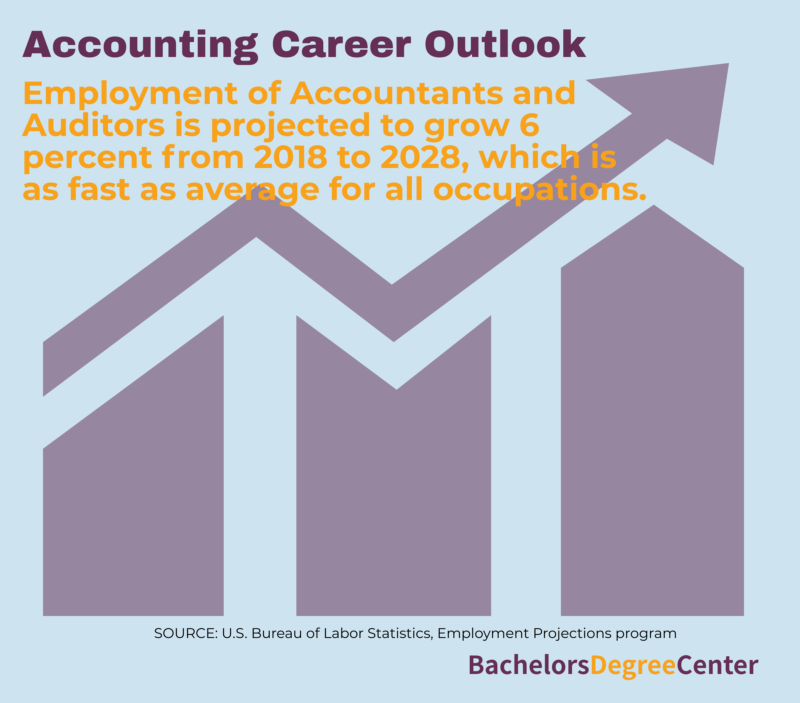
CPA Exam
As you prepare for your CPA exam, it’s normal to have some nerves. While many people have to take the CPA exam more than once in order to pass, it’s everyone’s goal to get it right the first time around. Whether you’re wondering about the passing rate of CPA exam or you’ve just taken the test and you’re wondering, “When are CPA exam scores released?” it’s normal to have some questions about the logistics of the exam. Let’s take a look at how to go about scheduling the CPA exam, the pass rate on CPA exam, or other CPA exam requirements, we’ve got you covered.
What Is The CPA Exam?
First, let’s answer the question of “what is the CPA exam?” A CPA accounting degree is the best preparation. Sometimes referred to in the plural sense, the CPA exam consists of four, four-hour-long sections to test the knowledge of accounting professionals, allowing them to become certified public accountants. If you’re getting ready to become a CPA, you’re probably wondering what is on the CPA exam. The four sections are as follows:
- Auditing and attestation (AUD) — This section of the CPA exam covers general principles, ethics, and general responsibilities of certified public accountants (15–25% of this section), assessing risk and developing a planned response (20–30% of this section), performing further procedures and obtaining evidence (30–40% of this section), and forming conclusions and reporting (15–25% of this section).
- Business environment and concepts (BEC) — This section combines corporate governance (17–27% of this section), economic concepts and analysis (17–27% of this section), financial management (11–21% of this section), information technology (15–25% of this section), and operations management (15–25% of this section)
- Financial accounting and reporting (FAR) — The FAR section of the CPA exam combines conceptual framework, standard-setting, and financial reporting (25–35% of this section), select financial statement accounts (30–40% of this section), select transactions (20–30% of this section), and state and local governments (5–15% of this section)
- Regulation (REG) — The final section of the CPA exam, regulation, consists of ethics, professional responsibilities, and federal tax procedures (10–20% of this section), business law (10–20% of this section), federal taxation of property transactions (12–22% of this section), federal taxation of individuals (15–25% of this section), and federal taxation of entities (28–38% of this section).
Students must pass all the sections of the exam within 18 months in order to be eligible to become a CPA. A minimum passing score of 75 in each section is required in order to become a CPA.
Pass Rate Of CPA Exam
If you’re studying for your CPA exam, you want to know the pass rate, as well as how likely it is that you’ll pass the exam on your first try. The pass rate of the CPA exam varies slightly, but it typically hovers around 50%. This means about half of the people who take the exam pass, while the other half do not. This does not take into account how many people are attempting the exam for the second or even third time.
If you’re searching for the CPA exams pass rate, try not to stress too much after taking your test. There are many things that affect the pass rate for a CPA exam, including the level of preparation before the test, the quality of the test prep program, the level of difficulty of the questions on the test, and even how much sleep you got the night before the exam. If you’re concerned that you may fall on the fail side of the pass rate for the CPA exam, you may want to think about scheduling your next exam.
Failed The CPA Exam? Now What?
If you happened to fall into the 50% of people who do not pass the exam, you have some decisions to make about when you schedule a CPA exam next. There are two basic schools of thought when it comes to rescheduling an exam after failing. Some people believe that it makes sense to reschedule the exam right away, while the material you’ve studied is still fresh in your mind. Others believe that it makes sense to wait and analyze your results, finding your areas of weakness, and then taking some time to work on those areas before you attempt to take the exam again.
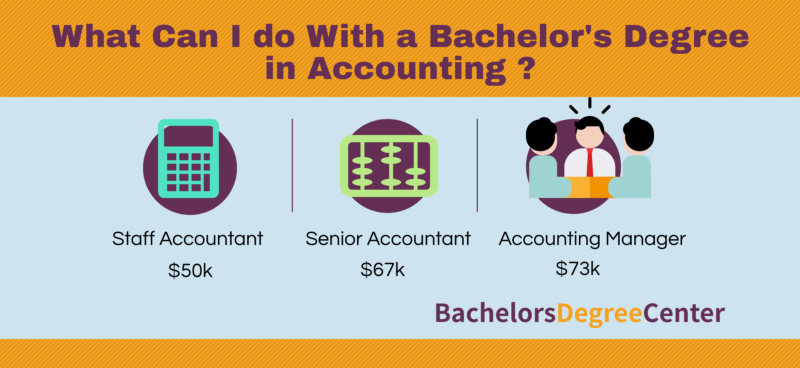
You can use your score on the sections of the exam to decide what option makes the most sense for you. If you were very close to passing and only missed the cutoff by a few questions in one or two sections, it may make sense to take the exam again right away, being extremely diligent about taking your time to read each question carefully. If you were far from passing, or struggled in three or all of the sections, it might make sense to take a few months and really hone in on refining your skills.
The passing rates for CPA exam are clear: this test is not easy. People who are studying for what is in the CPA exam are seasoned accounting professionals, and still, at least half of them tend to fail the exam. Everyone who is taking the exam meets the CPA work experience requirements, so it’s clear that no one is taking the exam and just hoping for the best. Each student who sits for the CPA exam is ready to begin their career as a professional CPA.
As CPA exam passing rates tend to stay the same, it’s likely that the difficulty of the test does not change much from year to year. One thing that you may want to consider as you’re getting ready for questions on the CPA exam is how much time has passed since you completed your education. If it’s been years since you’ve had an education in finance or accounting, the exam might be harder for you than for someone who just graduated and received up-to-date information from their professors. The answer to how hard is the CPA exam can depend greatly on how long it’s been since you’ve gone through college.
If you’ve failed the CPA exam, start your game plan for what you’re going to do next. It may help to talk to some coworkers about their first time taking the CPA exam. It’s likely that you’ll find that successful CPAs at your workplace had to take the exam several times in order to pass. Knowing that you’re in the same boat as people who went on to be successful in the field can work wonders to boost your confidence the next time you sit for the exam.
Related Certifications
If you’ve passed your CPA certification exam and are trying to figure out where to go next in your career, congratulations! Becoming a CPA and passing CPA certification is a huge step in moving forward in your finance and/ or accounting career. There are many opportunities for you, whether you choose to work for yourself or to work for a financial firm.
One of the first steps after earning your CPA certification is to decide whether you’d like to be a general accountant, or if you’d like to specialize in one area. If you decide that you’d like to have a specialty, you may want to learn more about getting a certification. This can show potential clients that you’ve put in the extra work necessary to become an expert in your chosen specialty.
You may decide to become an enrolled agent with the IRS in addition to working as a CPA. An enrolled agent is a federal tax professional who has been vetted as an expert by the IRS. These professionals are the go-to people when tax time rolls around. As an enrolled agent, you may choose to work with families, businesses, or corporations at tax time. Your specialty within your enrolled agency is up to you.
You may run into some people who tell you that it doesn’t make sense to have both your CPA certification and work as an enrolled agent, but both of these options can work quite well together. During tax time, you can put your enrolled agent certification to good use, while working as a standard CPA the rest of the year. Having both of these certifications under your belt also makes you an asset to any firm at which you choose to apply.
Next, let’s take a look at how to make the decision of whether it makes more sense to work for yourself, or to start applying for jobs as a CPA working for someone else.
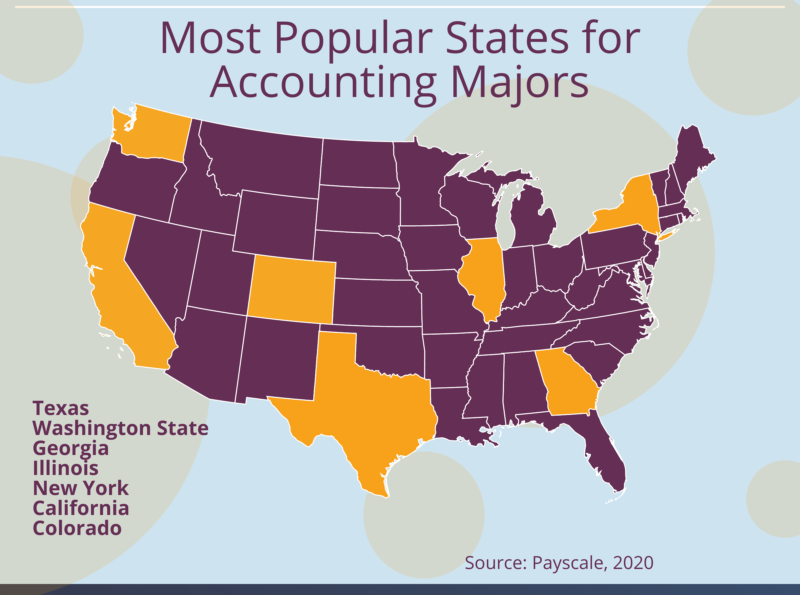
Getting a Job/Starting a Firm
After you earn your CPA, it’s time to start thinking about your public accounting career path. Being a CPA is a valuable asset to any company, but you don’t have to spend your days working for someone else. Working for yourself is a viable option. Let’s take a look at the benefits of working for someone else, as well as the benefits of starting your own business or firm as a potential public accounting career path. Career opportunities in the field of accounting with a CPA designation are abundant! A licensed CPA can work in managerial positions, information systems, and even higher education.
Many people who are after careers in public accounting imagine that they’ll work for a firm. This can be a great fit for many people. Your benefits and paycheck will be steady, and you’ll be able to depend on the firm for any issues that you have with clients. The networking that you did while getting ready to sit for your CPA exam can serve you well as you begin to explore careers in public accounting in your area.
You may also want to think about starting your own business. A viable career plan for accountant, starting your own business means that you’d be in control of which clients you choose to take on, your schedule, where and how often you work, and more. Starting your own business has many options — you could hire someone to take care of much of your paperwork, or you could handle everything on your own. If you’re a self-starter and you’ve always dreamed of being your own boss, starting your own business may be the way to go.
If you’ve always dreamed of building an empire, starting your own firm can take your business even further. By hiring other quality CPAs, you can work to support clients and your staff with your CPA expertise. This can be a great way to build a business quickly, especially if you take on CPAs who have already begun to build their own client base.
Related Rankings:
25 Best Bachelor’s in Accounting
15 Best Online Bachelor’s in Accounting
